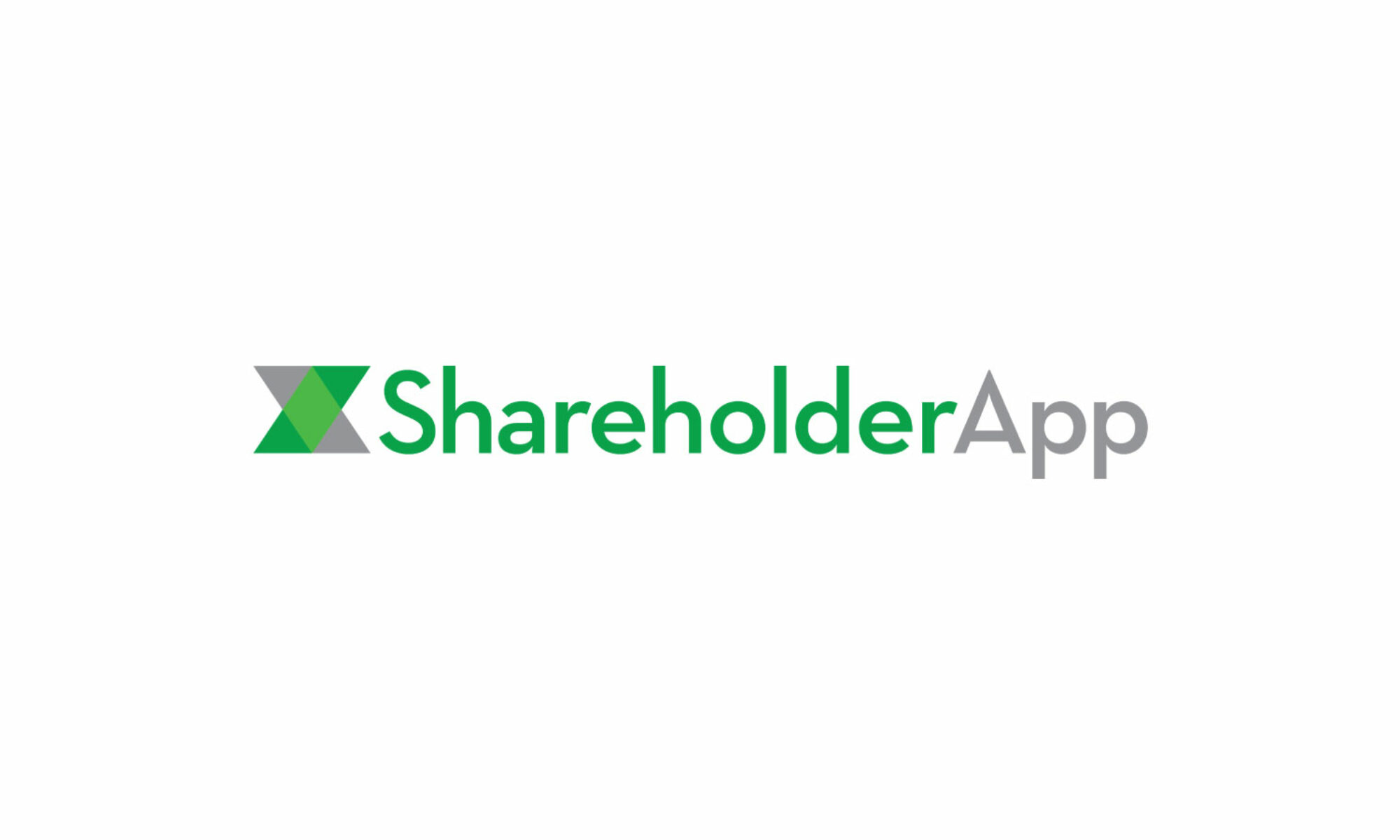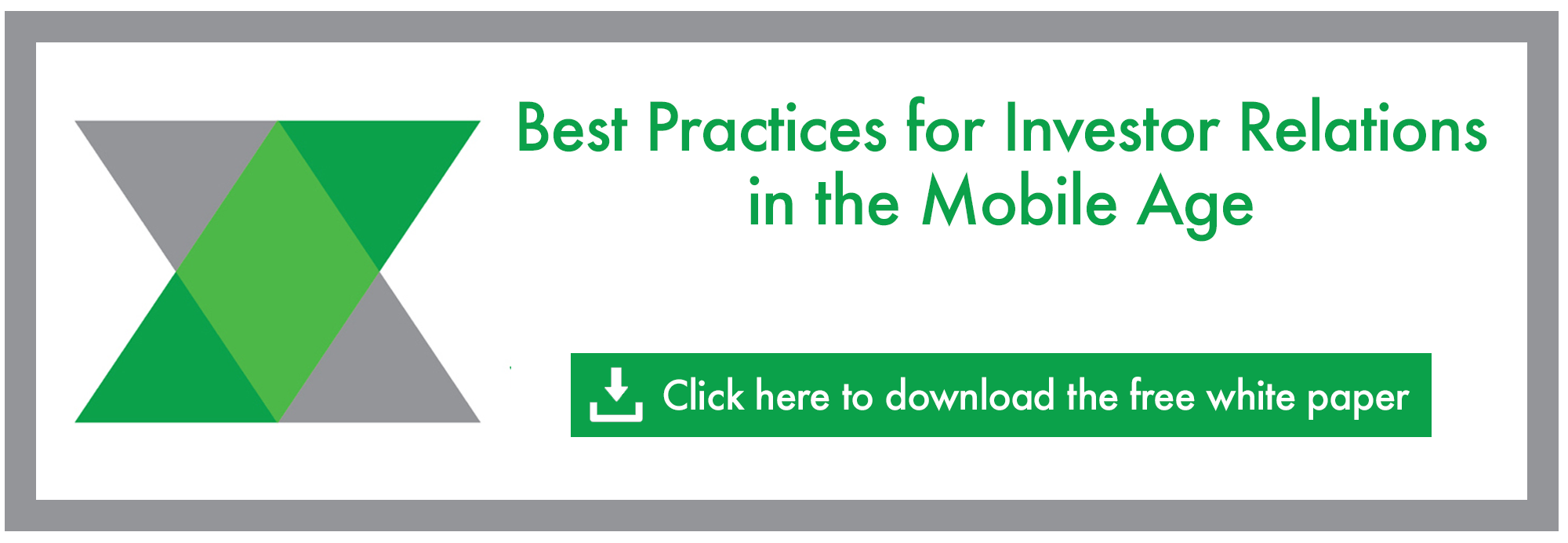When it comes to corporate reporting, today’s investors want more than just strictly financial data. They are increasingly calling for “sustainability data” — information about environmental impacts, social responsibility, governance issues, and human rights concerns.
Environmental and social activism has reached corporate boardrooms. In the U.S. and Europe in particular, socially responsible investors are proposing that companies include information about environmental and social impacts in traditional corporate reports, as Bloomberg reports. The trend reflects a hybrid approach to investing: part altruism, part increased recognition that “non-financial” factors play a role in financial performance. What’s become clear is that the sustainability trend is here to stay.
The Rise of Sustainability
In 2014, the European Union passed a law requiring corporations to report on the environmental and social impact of corporate operations, as the Guardian details. The law reflects a sustained push by international NGO’s to include environmental and social concerns within traditional evaluations of corporate performance.
In this sense, it builds upon a global trend, as emblemized by the recent Paris climate accords (detailed here by the New York Times), of growing concern surrounding the potential side-effects of economic growth.
The United States, though lacking an official statute requiring corporate disclosures of sustainability data, has witnessed a similar outcry for the expansion of sustainability reporting. According to the Government and Accountability Institute, in 2015, about 75% of S&P 500 companies produced sustainability reports, compared with 20% in 2011.
Yet despite the increase, there are few concrete standards currently in place. According to the Wall Street Journal, investors complain that cross-company comparisons of sustainability data is often not useful, and the SEC has yet to establish consistent and clear regulations on the matter.
More Information Is Better
The justification for sustainability reporting is varied. Some investors, seeing the financial impact of environmental activism on corporate bottom lines, demand environmental data to anticipate and head off grassroots opposition for misbehaving companies.
Others, recognizing the bite of U.S. legislation and international agreements concerning mistreatment of labor in developing countries, solicit sustainability information as a means of ensuring that their investments are insulated from the risk of international opprobrium. In these cases, shareholders respond to increased activist strength by demanding better behavior from their investments.
Other investors, however, see sustainability data as valuable even outside of pressure from activists. In an analysis of the sustainability trend for Fortune Magazine, Jean Rogers argues that sustainability data can shed new insight on long-term market trends, allowing investors to make better informed decisions with long-term value in mind.
“If investors had data on BP’s safety culture, emergency preparedness, and safety risks,” Rogers wonders, in the context of the infamous 2010 BP oil spill, “and could compare BP’s performance on these factors to those of its peers, would they have remained invested?”
Better Communication, Better Results
Corporate sustainability is tricky, but solid communication can help. When corporate boards, management, and investors are all on the same page, large-scale market trends can be opportunities, not challenges. To that end, steady shareholder communication across a variety of media, including mobile, is crucial. It ensures that companies meet the rapidly changing social/environmental landscape with versatility and speed.
ShareholderApp offers a multi-faceted platform to match any public company’s unique sustainability reporting needs. The app is highly-customizable, ensuring only relevant information is presented to shareholders. It includes powerful notification tools, to ensure important messages are seen immediately.
Moreover, the platform includes a dedicated section for media releases and regulatory filings, as well as sections for trading information and important corporate documents. It is, in other words, the perfect tool for IROs looking to meet the demands of an increasingly socially conscious (and tech-savvy) shareholder base.


